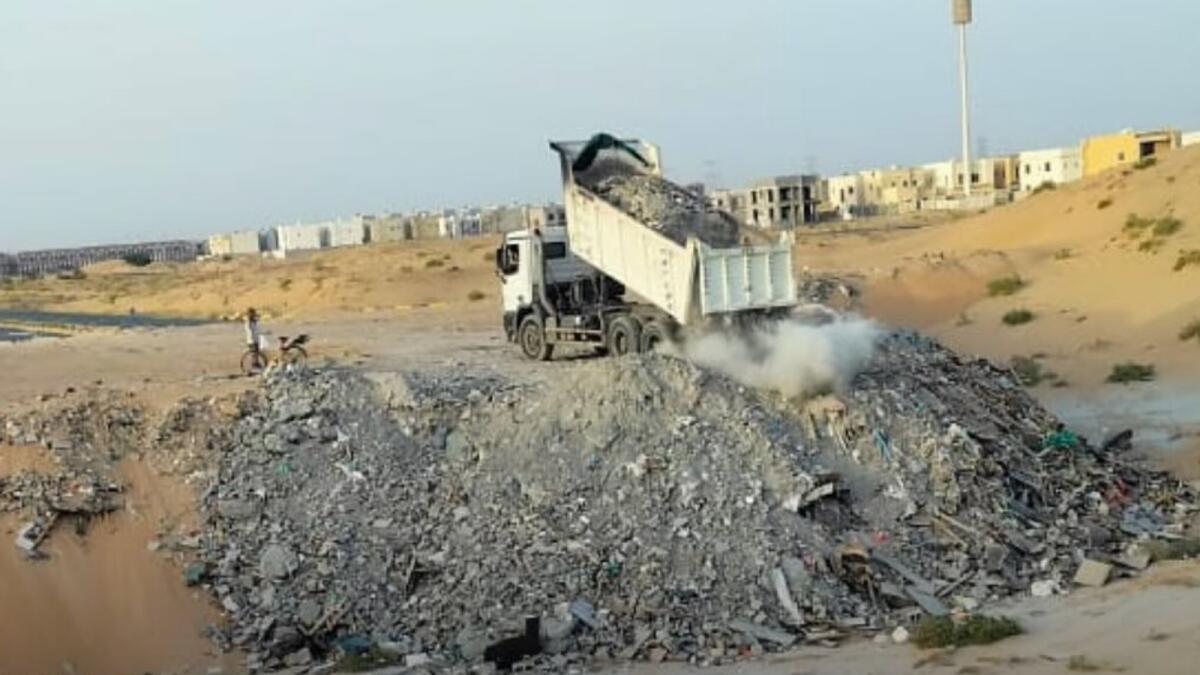A company in Ajman has recently been fined Dh20,000 for illegally dumping public waste and construction materials in unauthorised areas. The firm violated the regulations and guidelines set by the Ajman Municipality for disposing of public waste. In addition to the fine, the vehicle used to dump the waste has been seized as well. Authorities are taking strict action against such violations to deter others from committing similar offenses in the future.
It is important for companies and individuals to follow proper waste disposal regulations to maintain a clean and sustainable environment. By adhering to these guidelines, we can prevent pollution, protect natural resources, and promote a healthier community. The repercussions of illegal waste dumping can be severe, as seen in the case of the company fined in Ajman. It is crucial for all residents and businesses to be responsible for their waste management practices.
In an effort to further address waste management issues, a new facility in Abu Dhabi has been announced to recover recyclable materials from municipal solid waste. The facility aims to collect municipal waste and extract recyclables such as metals, plastics, and other materials. This initiative will help reduce the amount of waste going to landfills by promoting recycling and preparing feedstock for the Abu Dhabi Waste to Energy facility. By diverting waste from landfills, Abu Dhabi is moving towards a more sustainable waste management system.
The ultimate goal of this new facility is to increase recycling rates, promote a circular economy, and support the group’s ambition of diverting 80 percent of Abu Dhabi’s waste away from landfills by 2030. Recycling plays a crucial role in reducing environmental impact, conserving resources, and creating a more sustainable future. By investing in recycling infrastructure and initiatives like the facility in Abu Dhabi, communities can work towards achieving their waste management and environmental goals.
It is important for governments and municipalities to enforce strict regulations and penalties for illegal waste dumping to prevent environmental degradation and protect public health. By holding individuals and businesses accountable for their actions, authorities can deter future violations and promote responsible waste management practices. This case in Ajman serves as a reminder of the consequences of illegal waste dumping and the importance of following proper disposal guidelines.
Overall, sustainable waste management practices are essential for maintaining a clean and healthy environment for current and future generations. By implementing recycling initiatives, investing in waste recovery facilities, and enforcing strict regulations, communities can work towards reducing waste generation, increasing recycling rates, and moving towards a more circular economy. It is crucial for individuals, businesses, and governments to work together to address waste management challenges and create a more sustainable future for all.





















